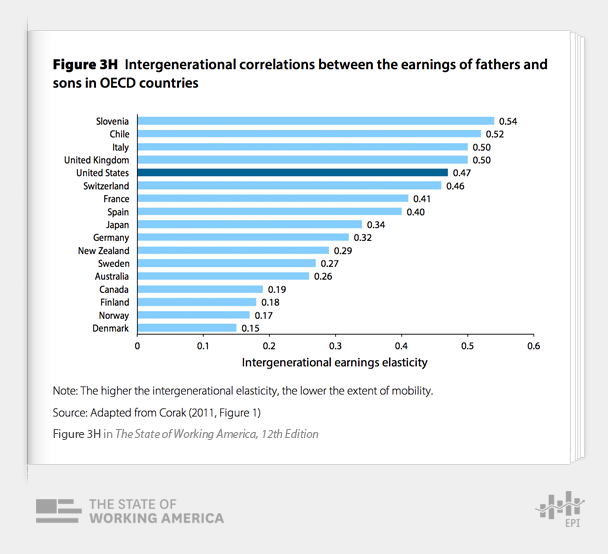P
peeonme
Guest
I do understand actually, which is why I have a problem with it.
You think that people should be paid upon the measure of their skill, I do not think that. I think a person should be paid a livable wage because they are human beings and deserve to be treated better than just a cog in the machine that serves capital. I do not think people should have to "better themselves" in order to make a living, I don't think people should have to work their lives away just to support themselves.
You constantly talk about a ladder, but that ladder does not exist for your average American worker. Should these people not be paid a livable wage because of that? Again we talk about "low effort/skill jobs", yet these jobs were the ones that had to be open during a global pandemic for our beloved and sacred economy. These people are risking their health in these "low effort/low skill" jobs and yet apparently they still don't deserve to make a livable wage because of the good ole "pull yourself up by your bootstraps" rhetoric.
I know how our current workforce and economic system work. My problem is not understanding it, my problem is that I think it is fragile and doesn't work in the best interests of the working class. If the workforce can't support the working class and what they are worth, I see it as a failure of the system and that we need to do better.
So, how do we decide how much to pay a person? If not based upon skill set and need then what? Should all make the same? Why study to be a doctor if you make no more than a person that stocks the shelves at a store?
I believe that a person working a full time job should make a living. They should have food, clothing, shelter and health care. An economic system that is healthy would afford these things. Along with that their would be opportunities to advance. Having the government subsidize a workers pay is a temporary solution. I am all for helping folks during a disaster or pandemic, but creating a class of workers that have to rely on government as a permanent way to survive will make folks more and more dependent rather than self sufficient.












